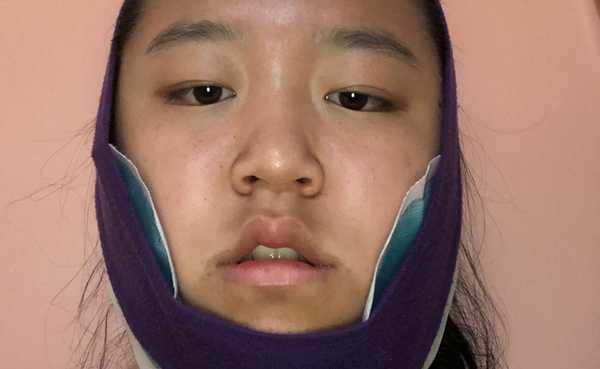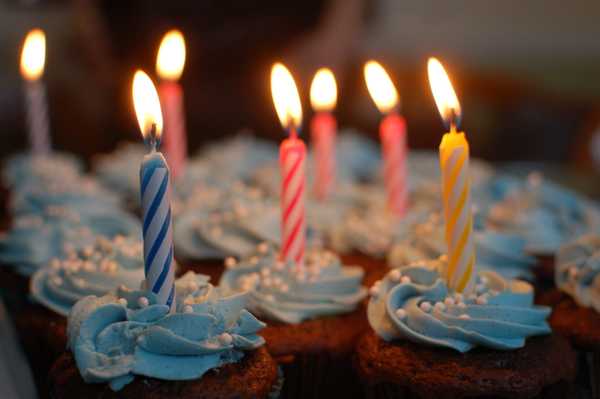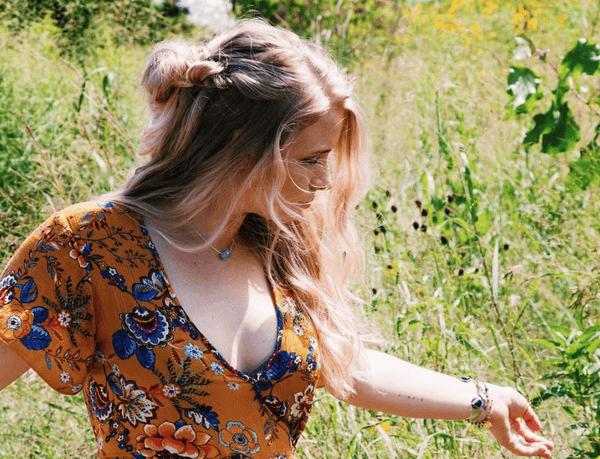Epilepsy, simply put, is abnormal electric activity in the brain. This activity can result in seizures, which can look like fainting, confusion, convulsions, to name a few, depending on the person and type of seizure.
I received my epilepsy diagnosis when I was 14 years old, during my freshman year of high school. I had a tonic-clonic seizure at school, which is the kind of seizure most people recognize: falling to the ground, convulsing.
I had seized in the middle of class, put my school on medical lockdown, and delayed school closure by nearly an hour. In short: everyone at school would know me as seizure girl.
I would wake up in an ambulance, with temporary amnesia, not even knowing my own name, thinking I had died. I would be out of school for two weeks straight, recovering from my severe concussion, sleeping 14 hours a day, and I would not remember the months leading up to and following my seizure from the brain-damage I retained.
I would be put subject to different kinds of medical testing, receive an epilepsy diagnosis, and be put on anti-epileptic medication for the rest of my life. The medication would stunt my appetite, causing me to lose 20 pounds total in a span of 6 weeks. It would make my nose stuffy forever, and give me a temper I never had before, causing me to snap at the smallest inconvenience.
I would end up going to sleep before 10 p.m., from how exhausted the medication would make me. So, epilepsy is rough, and the above paragraph does not even begin to describe everything I have had to deal with on a daily basis from my epilepsy. But, dealing with the struggle of my chronic illness does not make me brave, because I did not choose to have epilepsy.
I do not choose to take my epilepsy medication: I must take it every day so I do not have another seizure. I do not choose to take vitamins and go to therapy to regulate my mood swings from my medication: I have to do it so I can be a functioning member of society.
Bravery is the choice to be strong in the face of struggle. I did not have a choice: epilepsy is a part of my life, and a part of who I am, and every action I take is a necessity, not an act of bravery.
My epilepsy has made me strong, however. I had come uncomfortably close to death with the seizure I had in school. I learned to be more grateful for my health and to treat my body with more respect: exercise for health, not vanity, sleep enough hours every night, eat enough meals each day because my head felt so much better when my body felt better.
My epilepsy medication has also fundamentally changed my personality: I had never been capable of so much anger before being put on it, but because of the rage side effect, I have also never been so in control of my emotions.
I am grateful that modern medicine allows me to deal relatively well with my epilepsy, and the lessons I learned from that disease have shaped me into who I am. But, I never chose to struggle with a chronic illness. There was only one choice when I received my diagnosis: deal with it.
So I deal with it, every day. And for a while, I was angry that I had to deal with something so debilitating so young. But I learned to accept that sometimes life hands you some rough cards, and there is no quitting the game. So I learned to play better. And that is the attitude I carry with me in every challenge I face.
I started college in August, and I was worried that my epilepsy would catch up to me. But at the end of my first year, I am doing just fine. I know I can handle anything epilepsy, or life, for that matter, throws at me, because I have to. My epilepsy is a major part of my life, in good ways and bad.
I have to constantly be concerned for my health, but something that brought my boyfriend and I together was the fact that we both have seizures. My epilepsy also inspired my first tattoo: the chemical component in my medication in the style of a constellation.
The design is unique to me and beautiful, and I am proud to have that work of art on my arm. So, epilepsy is like anything else in my life: good or bad, it is a part of who I am. But I am not brave for living with a chronic illness; I am simply living my life to the fullest.



















